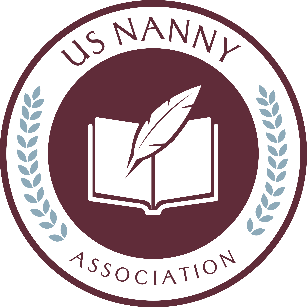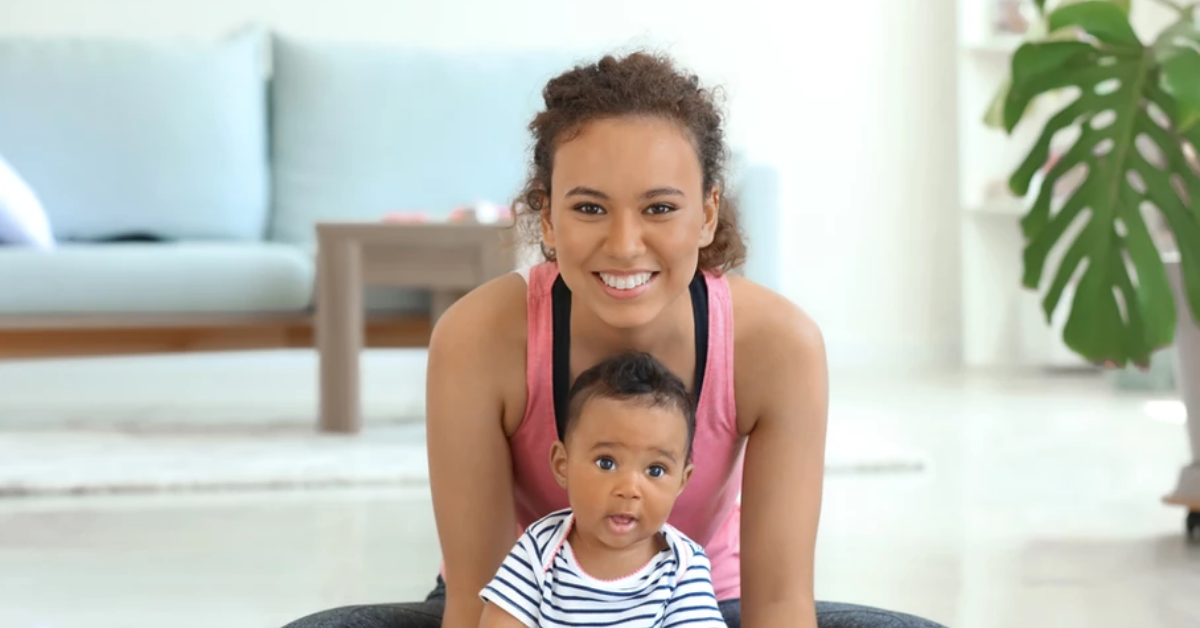In the United States, there are no regulations or requirements to be a nanny. To help parents and nannies, the US Nanny Association has published standards that define the skills needed to be a nanny with credential programs that require both training and work experience.
Nanny training and certification demonstrates a commitment and makes you stand out when applying for jobs. To qualify for more advanced sitter and nanny positions, there are numerous training programs, online resources and organizations to support career advancement. Trained and experienced nannies and sitters also earn more, according to the Cost of Care Survey. In the survey, parents acknowledged they are more willing to pay nannies and sitters higher wages if they had additional training, skills, and experience.
How to become a good nanny…
When considering training programs, take time to investigate the organization and investment in time and cost. The quality of an educational experience depends on the instructors and when possible, students should learn positive discipline from a child psychologist, health from doctors, nutrition from dietitians, legal requirements from a lawyer, and early childhood development from experts. Sitters and nannies with at least 20 hours of training and 1 year of work experience can become a certified nanny.
CPR and First Aid training are foundational and the most important certifications for a childcare job. Many families require these certifications to be considered for an interview. CPR and First Aid trainings are taught locally and online at community colleges, the American Red Cross, and the American Heart Association, as well as other local businesses. If you are working with infants or young children, the infant CPR course is recommended Sitters and nannies also take childcare and/or additional safety courses. A sitter or nanny basic childcare training program should include understanding children of all ages, emergency planning, advance the childcare provider’s skills in water safety, and educate nannies and sitters on their legal requirements when working in childcare.
Sitters and nannies should also learn skills to help them manage stress and use positive discipline skills when children need help expressing themselves or for correcting an undesired behavior. Safety courses include Passenger Seat Safety, lifeguard or water safety, how to administer an epi-pen and safety in the home.
How to become a specialized nanny…
There are many different types of specialization based on training and experiences that elevate a nanny’s skill set as a family assistant, early childhood educator, or special needs caregiver. Family assistants perform childcare duties with additional responsibilities such as managing a weekly schedule, scheduling and attending doctor appointments, picking up the dry cleaning, planning and hosting birthday parties, household organization, shopping, pet care, meal planning, and preparing meals for the family. They are often committed to the role as their primary employment and have the maturity to work unsupervised while remaining responsible for several children and an allocated budget.
Specialist nannies have varying qualifications that often include college degrees in Early Childhood Education, Special Needs Education, or Psychology with diverse work experiences as a nanny, in daycares, teaching, or advocacy positions. Specialists may also be travel nannies or have specialized training in Montessori, Resources for Infant Educators (RIE), or Waldorf child development approaches. Specialist Nannies are passionate about their work and are often leaders in the nanny industry. Many Specialist Nannies work for high profile and/or high net worth families and find themselves extremely desirable within the nanny market.
If you plan to work exclusively with newborns, consider a Newborn Care training and certification program. Nannies and sitters learn about newborn care, night nanny work, the difference between a nanny and doula, and tips to build a nursery. Nannies with at least 20 hours of training and 2 years of work experience can become a certified newborn and infant care professional.
How to become a professional nanny…
Career and professional nannies should invest in training that includes milestones for infants, toddlers, preschoolers and the primary years. To best support children, especially during the first 5 years of life, classes by age level should focus on physical care, nutrition, motor skill development, and enrichment activities that include reading and STEM. Professional nannies have a combination of training and paid childcare experience. All should have CPR and First Aid certification, and most have completed college level education courses or continuing education courses (CEC’s). Nannies with at least 50 hours or 6 credit hours of college classes and 3 years of work experience can become a certified professional nanny.
The US Nanny Association thanks all the nannies, advocates and business leaders who provide practical tips and insight to elevate our industry. Thank you for sharing your expertise.

Dedicated to supporting childcare providers and families, Elizabeth is an executive leader with over 20 years in medical technology and education. Elizabeth is the Founder of the US Nanny Institute, an online college for nannies. Elizabeth earned a Bachelor of Science from North Carolina State University, a Master of Science from the University of Southern California and a Master of Business Administration from the University of North Carolina.

